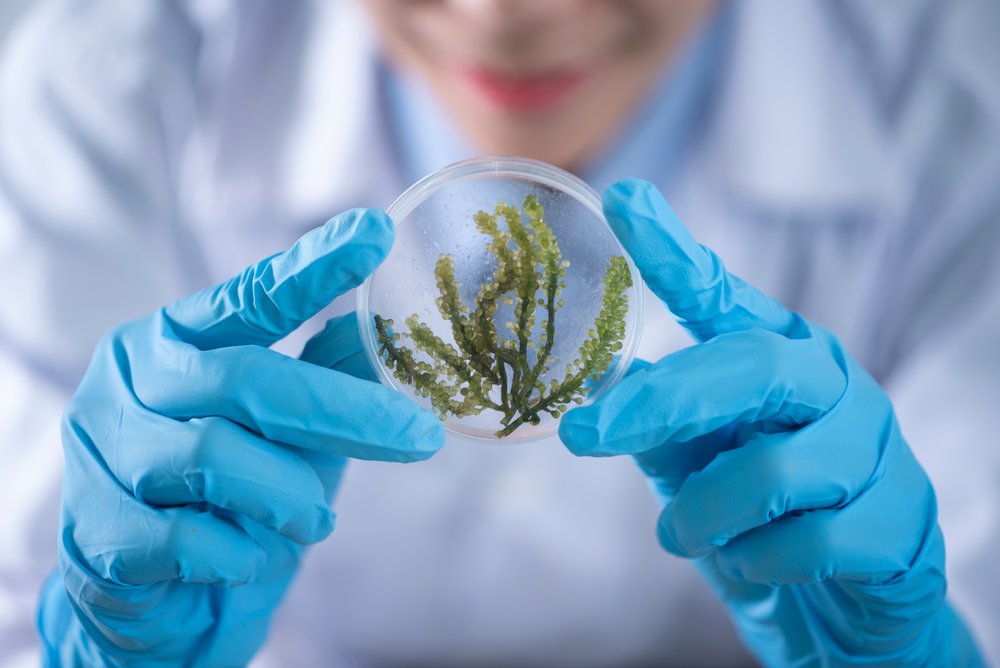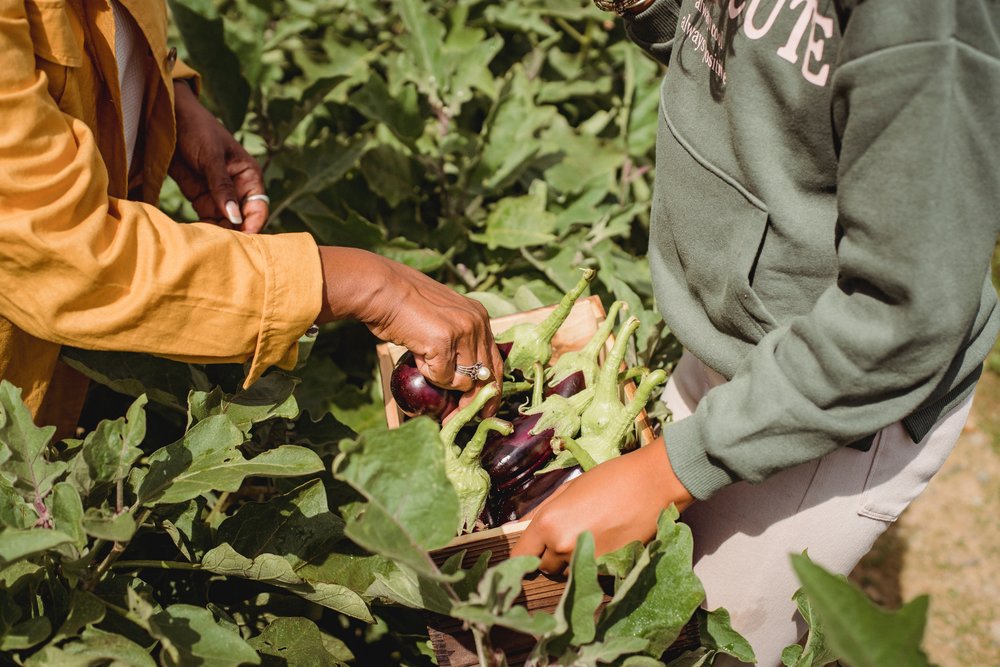BTI scientists illuminate ancient plant-fungus partnership at molecular level
BTI researchers develop tools to reveal protein interactions in plant-fungus symbiosis, paving the way for improved agricultural efficiency and sustainable nutrient uptake.
Read article


